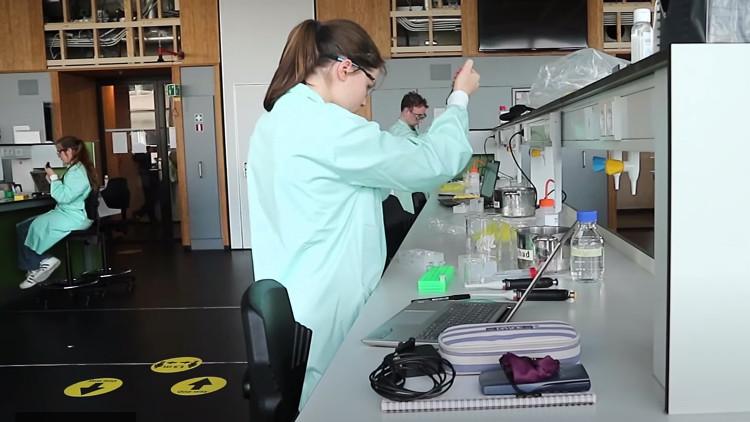Higher education faces at least three more weeks of lockdown

By the beginning of summer, everyone “who wants” will be vaccinated at least once, Prime Minister Rutte announced last night. “That will be the time when we can finally take significant steps in the direction of normal life”.
But we’re not there yet. The daily number of new cases of Covid-19 is stable, but still too high. That’s why the government doesn’t think it’s a good idea to reopen all establishments and institutions yet. This may be possible by the end of March: if everything goes well, the plan includes even reopening outdoor cafés.
Easter
"That means that, in the week before Easter Sunday, higher education will be able to start up again”, De Jonge said. “By allowing students to attend classes one day a week”.\
Currently, students are only allowed on campus for labs and exams. So-called "vulnerable students" can also visit their university or university of applied sciences counselling.
De Jonge sounded optimistic. He thinks rapid tests offer the possibility to make campuses accessible. “That’s because, with rapid testing, we can make education safer and prevent more people from catching the virus”.
Home testing
He also expects home testing to help. Last but not leaat, he’s enthusiastic about a new app, which you can use to show that you’ve had a negative corona test recently and therefore aren't likely to infect others.
The app may also be capable of showing a “green tick mark” if someone has been vaccinated, but that will only be possible when we know if those who have been given the vaccine are really no longer infectious. In any case, the outgoing government does not want to launch “any direct or indirect vaccination requirement”.
Rapid tests and other measures to make teaching safe on campus safe are currently being piloted. The question remains how quickly these pilots will deliver reliable results.